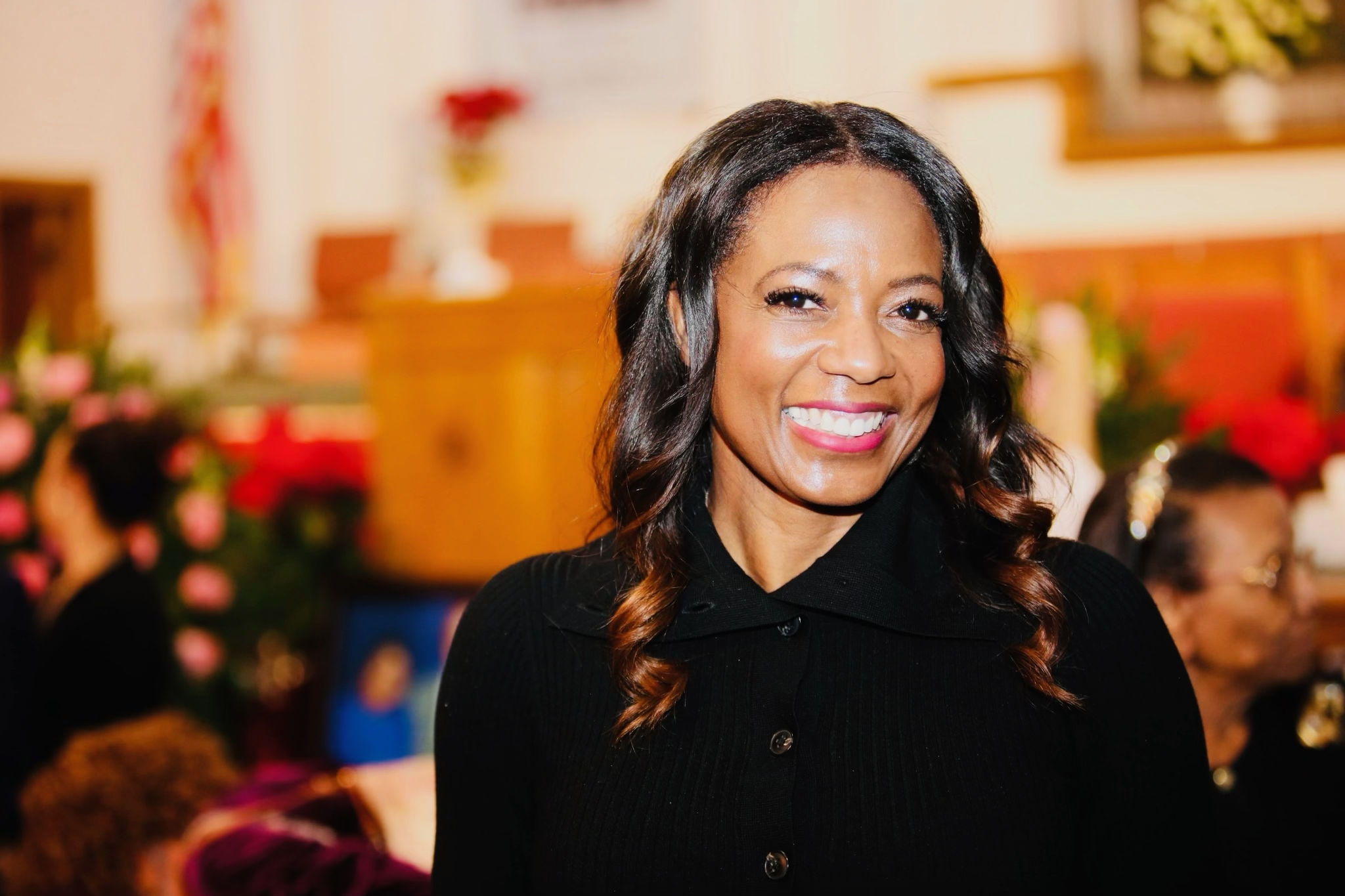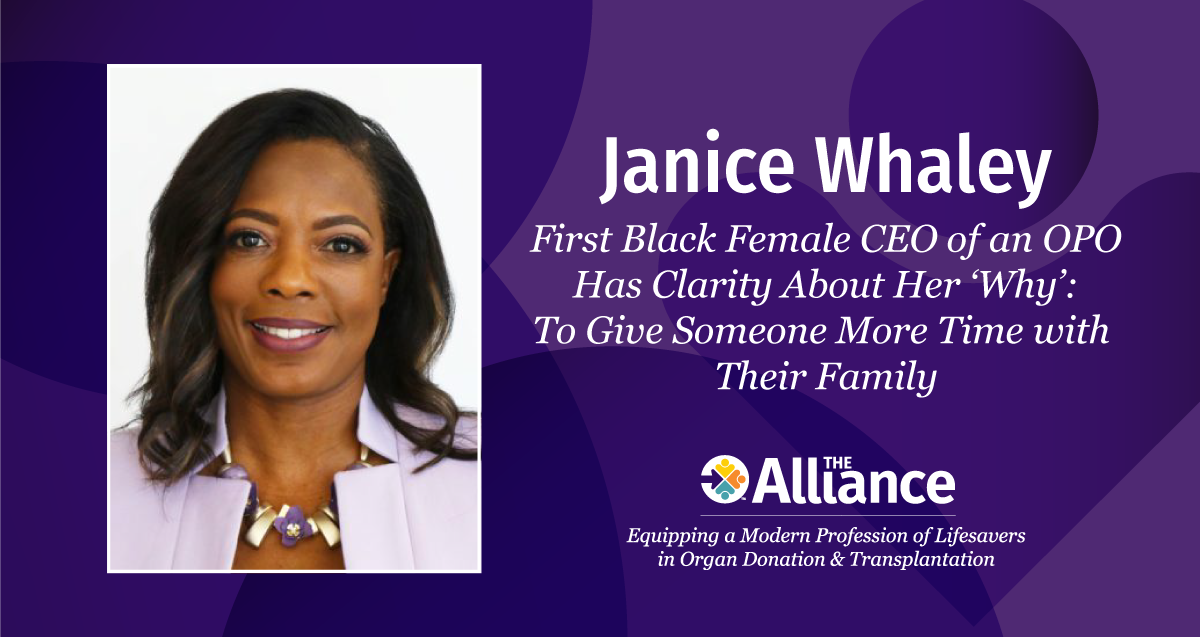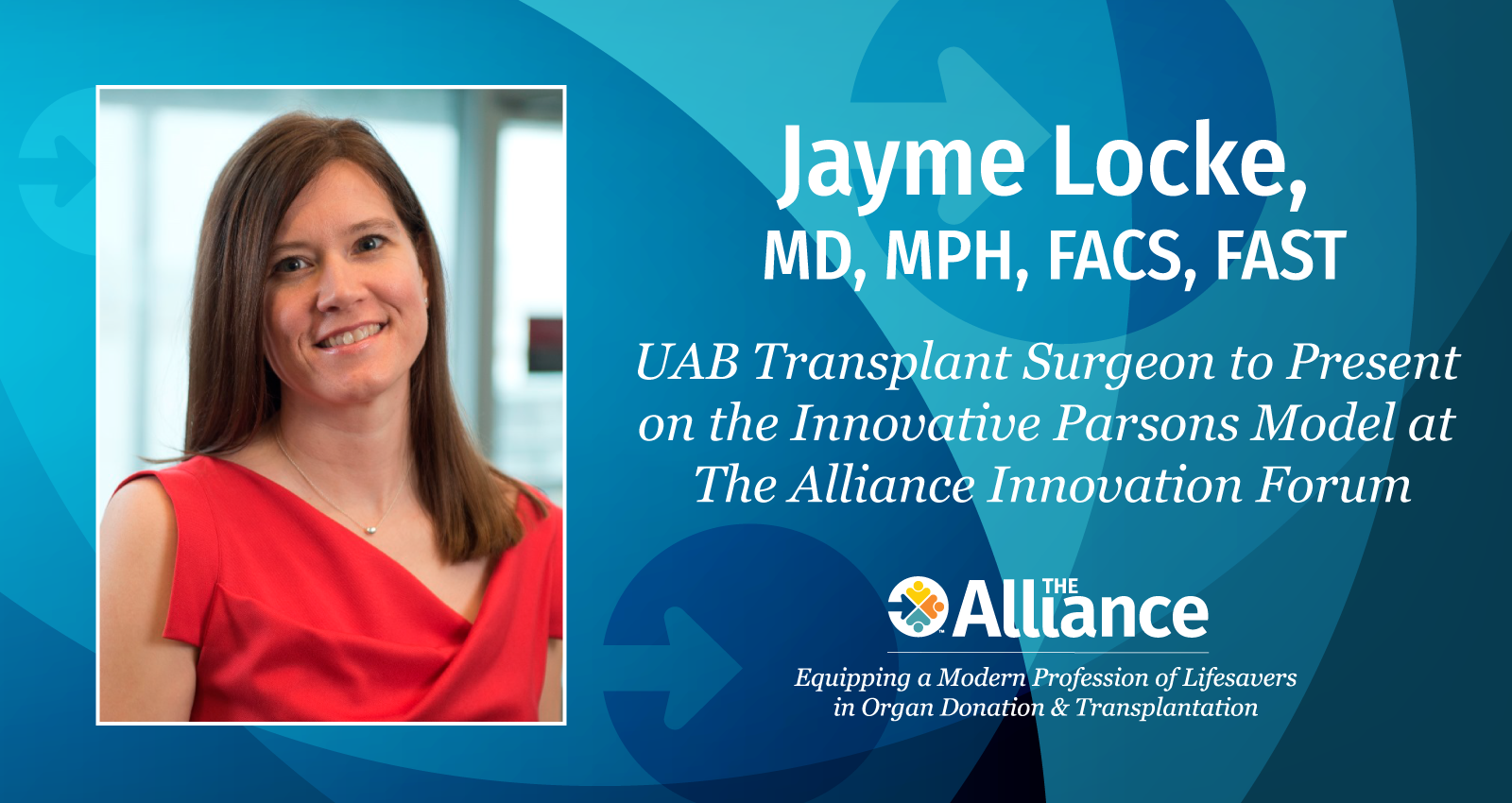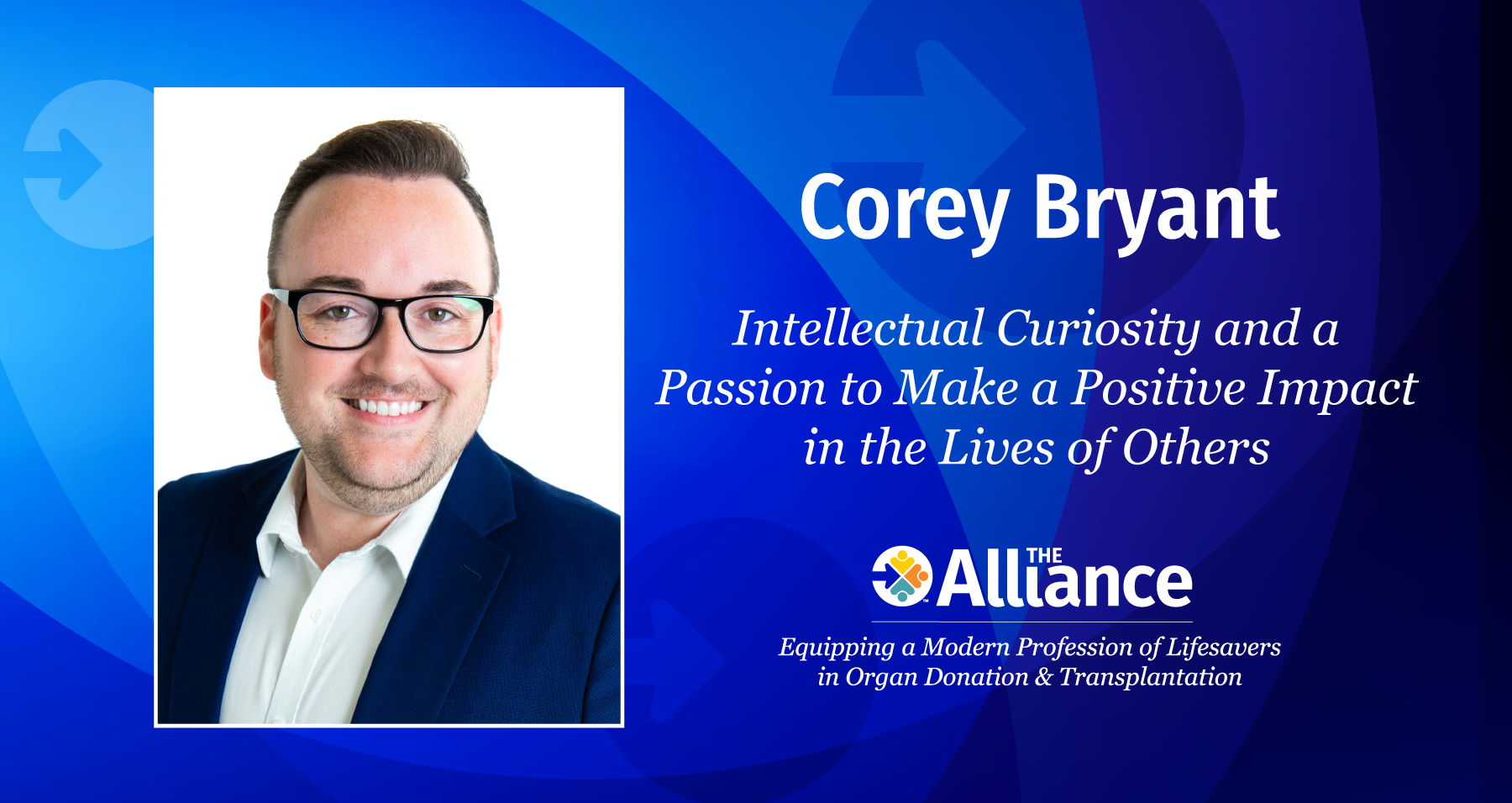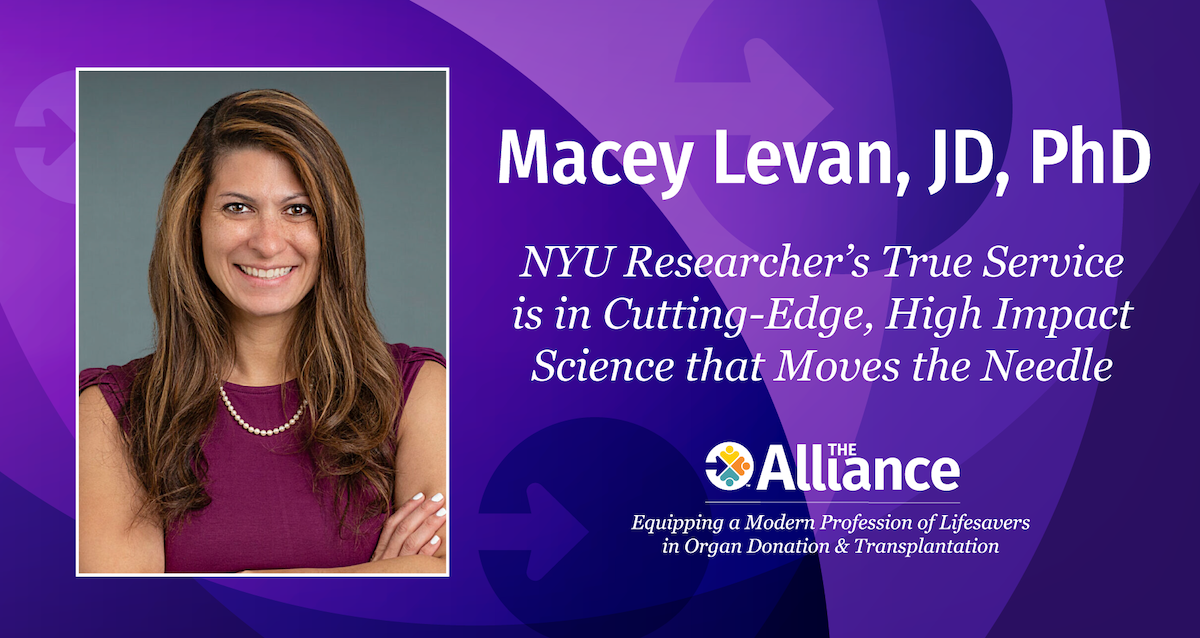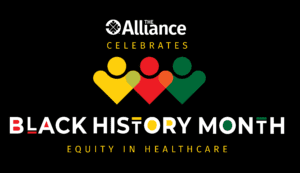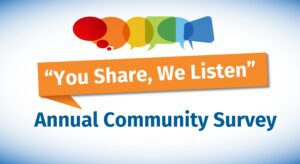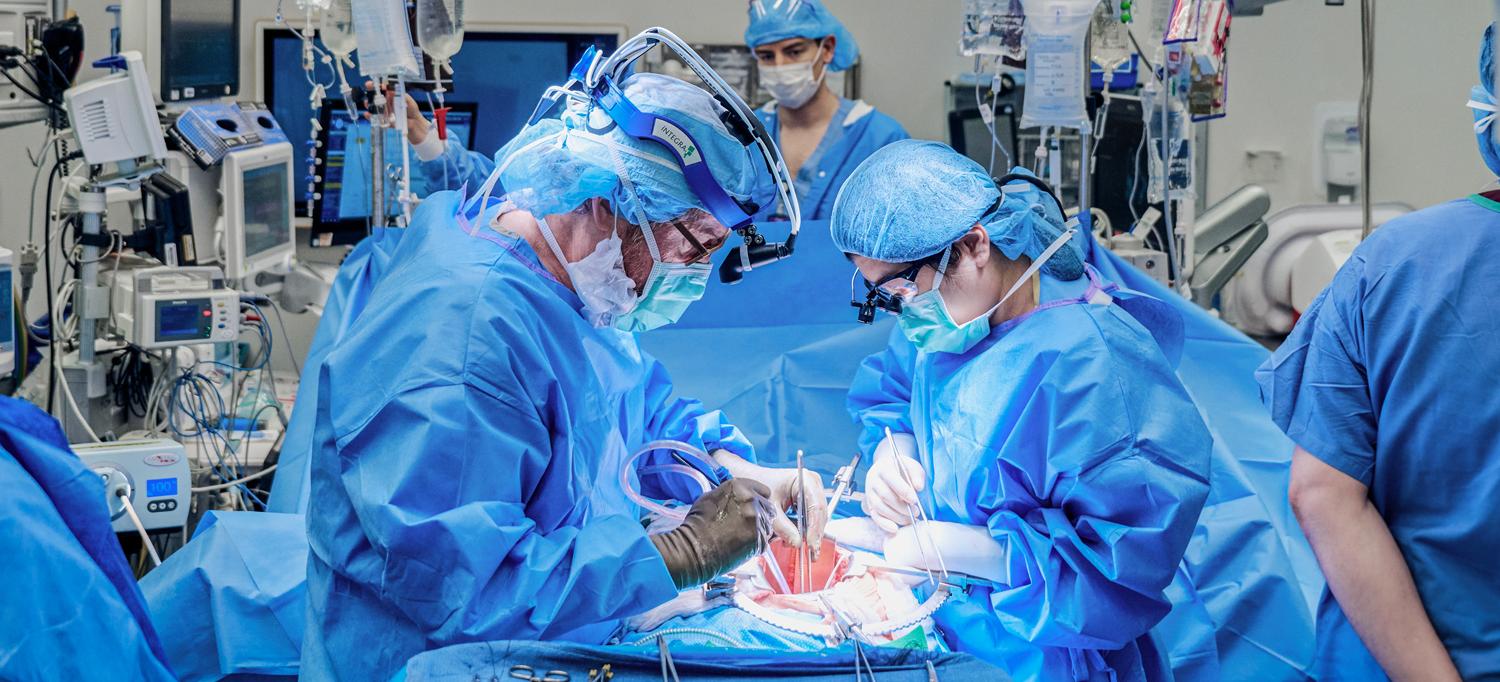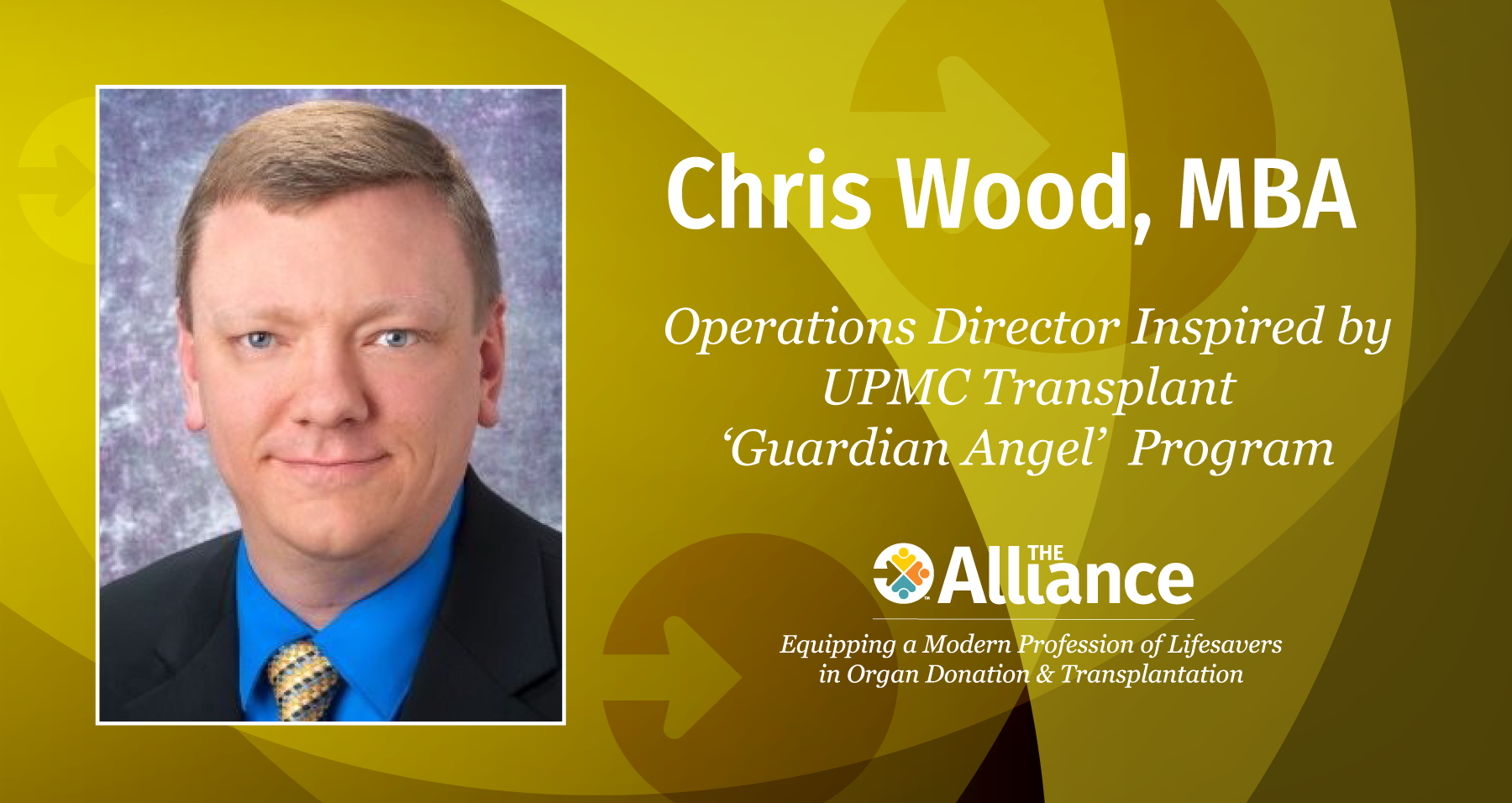Janice Whaley, president and chief executive officer of Donor Network West in San Ramon, CA, talks openly about the joys and challenges of being the first black female—first as an organ procurement coordinator at the Alabama Organ Center (now Legacy of Hope) in 1992 and then as President and CEO of Donor Network West in 2018.
Whaley, who serves on the Board of Directors of the Organ Donation and Transplantation Alliance (The Alliance), was named one of the Most Influential Women in Bay Area Business by the San Francisco Business Times in 2021.
“When I went for an in-person interview with the Alabama Organ Center, they kept making sure I was in the right place because they didn’t expect a person of color since we had previously only spoken over the phone,” says Whaley. “Finally, I said, ‘Is this the place where you have a job where I can help save a life?’ That was the beginning of my career.”
“I have colleagues that I started out with as coordinators and within five to ten years they were executives. It took me 26 years to get to the CEO role. Do I feel like I ordered my steps in such a way that maybe I am a better CEO because it took me longer? I think I was able to fine-tune and hone my skills. I would always go to meetings and always be the only person of color at the meeting. And the higher I moved up, the more dramatic it was. But my gut instinct has always been to try to be a part of the solution and not dwell on the problem.”
When Whaley joined Donor Network West, she was the only black person on the executive leadership team. “People of color in my service area make up 60% of the population. So, I started thinking, ‘Okay, is it talent? Is it experience? What are we doing? How are we recruiting?’ And we started several diversity, equity, and inclusion efforts. I’m happy to say that now we pretty much represent the population that we serve.”
“We’ve diversified our organization on all levels. It’s about how do we get those staff-level employees who want to be in leadership to that next level and the following level. How do we mentor them? How do we ensure that we give them pipelines to get there? Because at the end of the day, if you don’t have a seat at the table like I do, you can’t impact the policies. I have a voice and we need more people of color to be educated and trained to be at the table and have a voice too.”

Tyler Helped Whaley Find Her ‘Why’
“I am really grateful for my career and my journey, although I did have moments where I questioned whether or not this job is for me,” says Whaley. “I needed at some point in my career to define my ‘why;’ why I was doing what I was doing. It’s another way of talking about your passion: what is your why? Because if you know your why, it really helps you center everything around it.”
Whaley’s ‘why’ was defined for her by Tyler, a young man who had cystic fibrosis and who needed a lung transplant. She met Tyler when she was the Managing Director of Clinical Operations at LifeGift in Houston and he was a 16-year-old high school student on the waiting list in Houston, Tyler, a Black American, had become an advocate for organ donation and spoke to his high school class about donation while he was interning in Whaley’s office.
“Several months later, one of the students in the class had a brother who was involved in an unfortunate accident,” says Whaley. “When we went in to talk to the family about donation, his sister said, ‘Is there a guy named Tyler still waiting on organs?’ And my family services person said that there was. And, she said, ‘Can you see if my brother can give his organs to him?’ And Tyler was able to get a transplant.”
Six years later, Tyler called Whaley in Oklahoma where she had become the Chief Operating Officer of LifeShare. He asked Whaley to come visit him in the hospital in Houston. “When I got there, he said, ‘I’ve made a very important decision and I want you to know I am not going to make it out of the hospital. The doctors have done everything that they can short of another transplant. But Miss J, there are so many other people that don’t even get one chance. I want someone else to get the same opportunity that I had, and it’s time for me to rest.’”
“He was so mature about it, so detailed,” she continues. “He then gave me a bracelet that he had made which I wear all the time. He said, ‘I hope you always wear this to remind you of how much I appreciate what you and your team did to give me five, six more years with my family. And whenever you feel like you’re going to give up, think of me and keep doing what you’re doing.”
“And that was a turning point in my life.”
“Now, I don’t sweat the small things anymore. I continue to be grateful for being here and having the ability to give somebody five or six more years with their family. That’s my ‘why.’”
Involvement with The Alliance
Whaley leads 400 team members at Donor Network West, the third-largest organ procurement organization in the country with a service area of 110,000 square miles and 14 million people. In addition to serving on The Alliance’s board of directors, she serves on the National Innovation Leadership Council, the Diversity, Equity, and Inclusion Committee, and the National Critical Issues Forum Planning Committee.
“One of the reasons why I joined The Alliance was I felt like I had a good understanding of where the executive director, Karri Hobson-Pape, was taking the organization. She is very focused on performance and best practices that can allow everyone to learn something to take back to their organization. And it is a very collaborative style. I like looking at some of the hot topics in donation and transplantation and suggested the topic of machine perfusion for The Alliance’s 2022 National Critical Issues Forum. We’re exploring topics that are very relevant and that people need more information about so they can make better decisions for their programs.”
As regards her work on The Alliance’s Diversity, Equity, and Inclusion Committee she says, “It was refreshing to hear from people on the committee that were thinking outside of the box on the different areas that we should be looking at. I really applaud The Alliance for creating the DEI Initiative and for allowing our committee to work through and build different programs that have been very beneficial.”
Whaley previously served as president of the Association for Multicultural Affairs in Transplantation (AMAT) and as a faculty member for the HRSA’s National Learning Congress from 2010-12.
Family Upbringing Put Priority on Service
Whaley is the third of four siblings. When she was two years old, her parents accepted a call to go overseas to work as missionaries in West Africa. She spent much of the next 12 years in Africa as her parents went from posts in Sierra Leone to Ghana and then to the Ivory Coast. Her father was an educator and minister, her mother was a nurse.
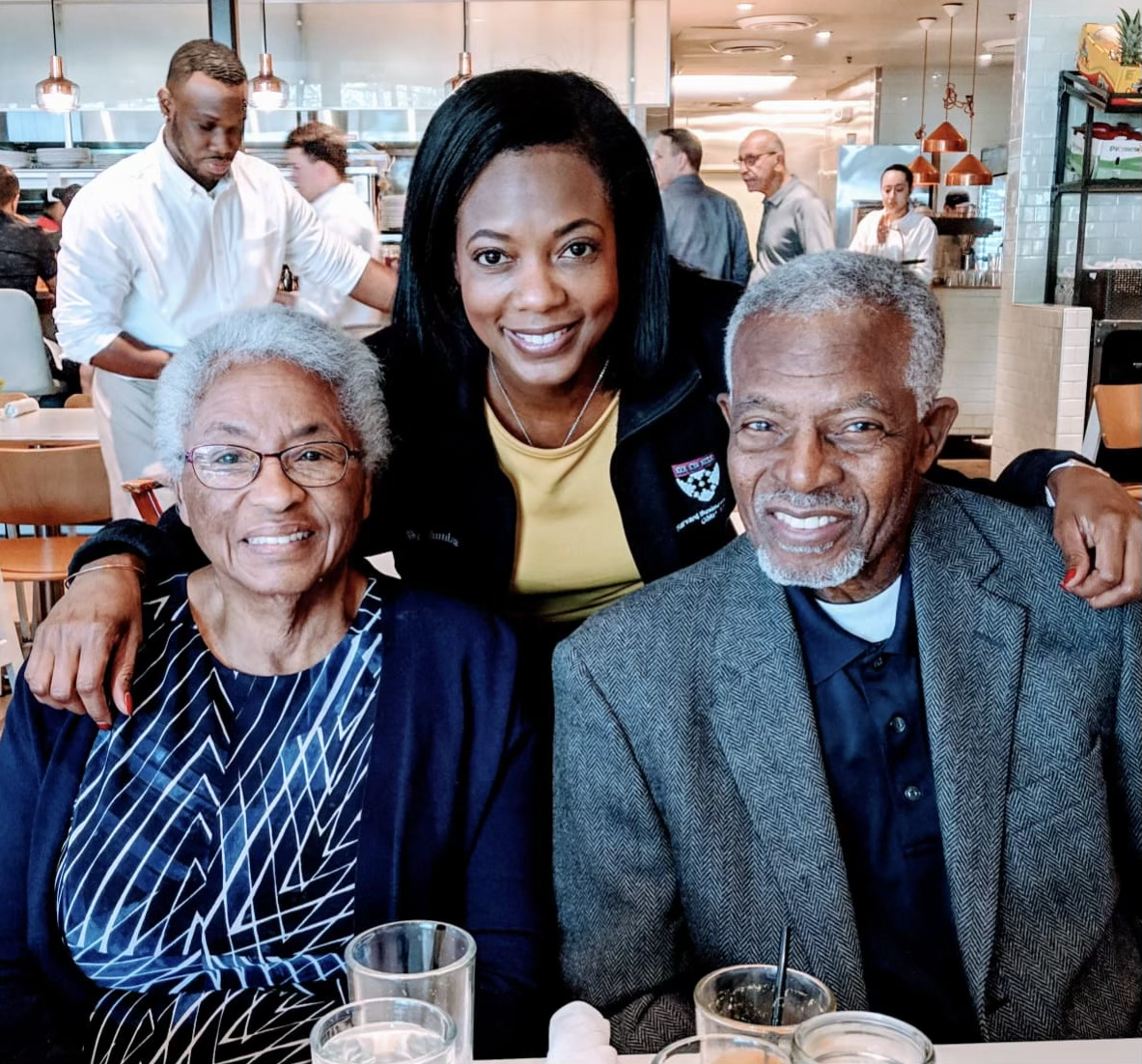
She returned to the U.S. when she was 14 and attended high school at Pine Forge Academy in Pennsylvania and then majored in biology at Oakwood University, then received a master’s degree in public health from the University of Alabama at Birmingham. “I felt like there were just so many things that needed attention sooner rather than later. I was brought up in a family where service was the utmost, and I wanted to have an impact. Public health to me was exciting.” Whaley also in 2013 was accepted into the Harvard Business School Executive Management program which further validated her desire to serve. “On the last day of class, our professor was clear that we were to go to a place that would challenge us and where we could add value to the organization.”
While working as a perinatal technician after graduate school, she saw an ad that said: ‘How would you like to go home every day knowing that you’ve saved a life?’ That piqued her interest and led to her first role in organ donation as a procurement coordinator at the Alabama Organ Center. “That is what gave me the foundation to be who I am today, because I was exposed early on to all aspects of the organ procurement world. As I advanced, I knew what my coordinators were dealing with when they went out in the field, and it helped me be a better leader.”
Personal Life and Interests
In February 2020, just before the COVID lockdown, Whaley received a message on Facebook from a man whom she knew in college but hadn’t been in touch with since. He said, ‘Hey, I don’t know if you remember me, but I heard that you run a nonprofit and I’d like to run some ideas by you.’” Whaley visited him in Maryland when she was there for a meeting. “By the time I got home, the country was shut down. Our friendship continued on FaceTime, and it was almost ten months before we saw each other in person again. It was a relationship that developed during COVID. He’s a very strong supporter of my work and what I do, and he really balances me out.”Whaley is working on her doctorate of philosophy in organizational leadership and spends much of her free time on her dissertation which is exploring how to motivate organ procurement organization staff. ‘I’m exploring what are the best practices out there,” says Whaley, “because in our work we deal with death every day and it takes a toll on our team members. It’s a job where every day you are called upon because someone has died. There’s a different way in which we should be encouraging and motivating our staff.”
Because of her love of its outdoor lifestyle weather, she was all too happy to return to her birthplace of California when she was appointed CEO of Donor Network West in 2019. She loves to walk or run on the beach, bike ride, and go to food festivals. “The other thing that I love about California is there’s not a restaurant that I’ve been to that does not have vegetarian options, which is wonderful. They’re thoughtful about the food and I really love that about California.”
A typical weekend also finds her spending time with her Toy Yorkie, Chance. “He puts a smile on my face and he’s a very smart, intelligent, little bundle of happiness.” Whaley’s workdays find her at one of Donor Network West’s two headquarters which are in San Ramon, CA and Reno, NV.
An In-Action Leadership and Management Style
Whaley says she has an in-action leadership style. “I don’t believe in charging any one member of my team with anything that I wouldn’t do or that I wouldn’t help them to do,” she says. “Sometimes people don’t do things because they don’t know how. You have to come down from your desk and have those concrete conversations with that person or groups and say, ‘Would you like me to give you an example? Or how can I help you with this?’ versus giving directives and then leaving them to figure things out. I try to lead by example. I want to be very engaged with my team. They hear directly from me.”
“I want to leave as a legacy that my team and my colleagues and people that I work with know that I do care,” she continues. “If you have the mindset that you’re here to serve, it allows you to create a team that is positive, that is motivated, and that wants to do whatever needs to be done. An in-action leadership style means that I frequently pop in and ask questions and offer solutions or ask, ‘Hey, what do you need to get this done?’ I try to make sure that my team has all the tools that they need to be successful.”
Challenging the Status Quo and Conventional Thinking
Whaley also likes to challenge the status quo. “This came out in the national Organ Donation and Transplantation Breakthrough Collaboratives about 15 years ago,” says Whaley. “One of the sayings at the meetings was ‘If you continue to do the same things that you’re doing now, you’re going to continue to get the same results.” And the other was to question people who say, “Well, because that’s the way we’ve always done it.’
“Just because that’s the way you’ve always done it doesn’t mean that it’s the best way to do it. When we have situations in my organization where somebody says that to me, then I’m going to question them and ask, ‘Have we looked at it to see if there’s a better way because this was put in place ten years ago? And is there an opportunity for us to do something different that will render better results?’ I like to ask those questions and help the team decide that change is needed.”
After 31 years in the organ donation and transplantation field, Whaley’s commitment remains strong. “The joy of knowing that I brought that brief level of hope to that person who was desperately waiting for an organ is something that I still have a desire and a passion to do,” says Whaley. “It’s not just hope on the recipient’s side. It’s also hope for the families who’ve lost a loved one senselessly. They’ve lost control over everything else. We can’t bring their loved one back, but we can empower them to want their loved one to leave a legacy of life through organ donation. I can’t think of any other job that gives you a feeling that you have been a part of creating legacies and giving second chances to people.”
